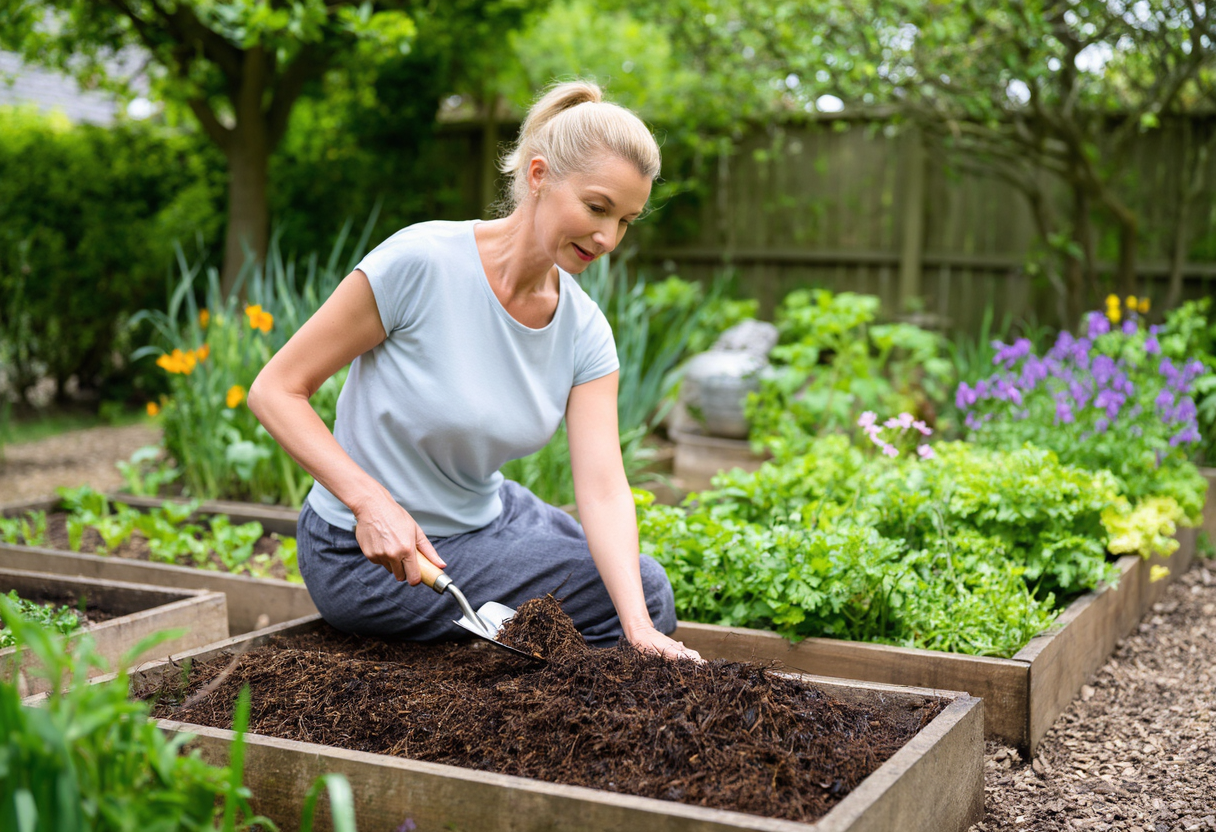Home Composting Solutions: Your Guide to Reducing Waste and Enriching Soil
This comprehensive guide on home composting solutions explores the myriad benefits of composting, practical techniques for implementation, and creative strategies to maintain an effective compost system. Discover how composting transforms waste into nutrient-rich soil beneficial for gardens and plants.
Why Choose Home Composting Solutions?
Embracing home composting solutions can significantly enhance your waste management practices. Not only do these solutions reduce landfill waste, but they also promote sustainable living. Composting at home allows individuals to convert kitchen scraps and yard waste into a rich soil amendment, fostering healthy garden ecosystems. Another compelling reason to engage in composting is its potential impact on climate change; by reducing waste that would otherwise decompose in landfills and release methane, composting supports eco-friendly practices. Importantly, home composting solutions empower individuals to take control of their waste and contribute positively to their local environment.
Setting Up Your Home Composting Solutions
Setting up home composting solutions is straightforward and can be tailored to fit any living situation. Start by choosing a location for your compost bin—ideally a spot that receives adequate sunlight and is easily accessible. Next, select a composting method, such as a traditional compost bin, a worm bin for vermicomposting, or a countertop composting solution. As you gather materials, remember to balance green and brown inputs, ensuring you include a variety of nitrogen-rich and carbon-rich materials for optimal decomposition. Regular maintenance, such as turning the pile and monitoring moisture levels, is crucial for achieving quality compost. By establishing a consistent routine, homeowners can enjoy the benefits of nutrient-rich compost throughout the year.
The Nutritional Benefits of Composting
One of the most significant benefits of home composting solutions lies in the nutrient density of the resulting compost. Compost enriches soil by adding essential nutrients that support healthy plant growth, including nitrogen, phosphorus, and potassium. Using compost as a natural fertilizer reduces the need for chemical alternatives, promoting an eco-friendlier gardening approach. Additionally, compost enhances soil structure, improving water retention and drainage capabilities. This leads to more resilient plants less prone to diseases and pests. Embracing composting can revolutionize gardening practices, allowing farmers and hobbyists alike to cultivate thriving gardens without relying on harmful chemicals.
Overcoming Challenges in Home Composting Solutions
While home composting solutions offer numerous benefits, challenges may arise that deter individuals from engaging fully. Common issues include odor management, attracting pests, and maintaining proper moisture levels. However, these problems are manageable with a bit of knowledge and experience. For instance, aerating the compost pile can help reduce odors, while covering food scraps can deter pests. Adjusting the carbon-to-nitrogen ratio can also enhance moisture retention and decomposition speed. By educating themselves on troubleshooting common obstacles, individuals can enjoy the full benefits of their home composting systems and find solutions for any issues that arise.
Community Engagement in Home Composting Solutions
Community engagement plays a vital role in popularizing home composting solutions. Collaborating with neighbors or joining local gardening clubs can enhance individual efforts and build a network of support. Sharing tips, resources, and composting success stories creates an environment where individuals are motivated to adopt sustainable practices. Communities can organize public sessions, workshops, or composting demonstrations to raise awareness and increase participation. Moreover, establishing neighborhood composting stations can facilitate waste reduction and share the benefits of composting with the broader community. Emphasizing the communal aspect encourages solidarity in the fight against waste and fosters more sustainable living.
Future Trends in Home Composting Solutions
As awareness around waste reduction and sustainability grows, future trends in home composting solutions are evolving. Innovations in composting technology and community education initiatives are emerging, making composting even more accessible. Smart compost bins and user-friendly apps guide individuals through the composting process, ensuring success and minimizing user frustration. Minor adjustments in municipal waste management policies can also encourage residents to participate in composting programs. Both governmental and grassroots initiatives will likely shape the composting landscape, leading to an eco-friendly future where household waste is transformed into a valuable resource.
